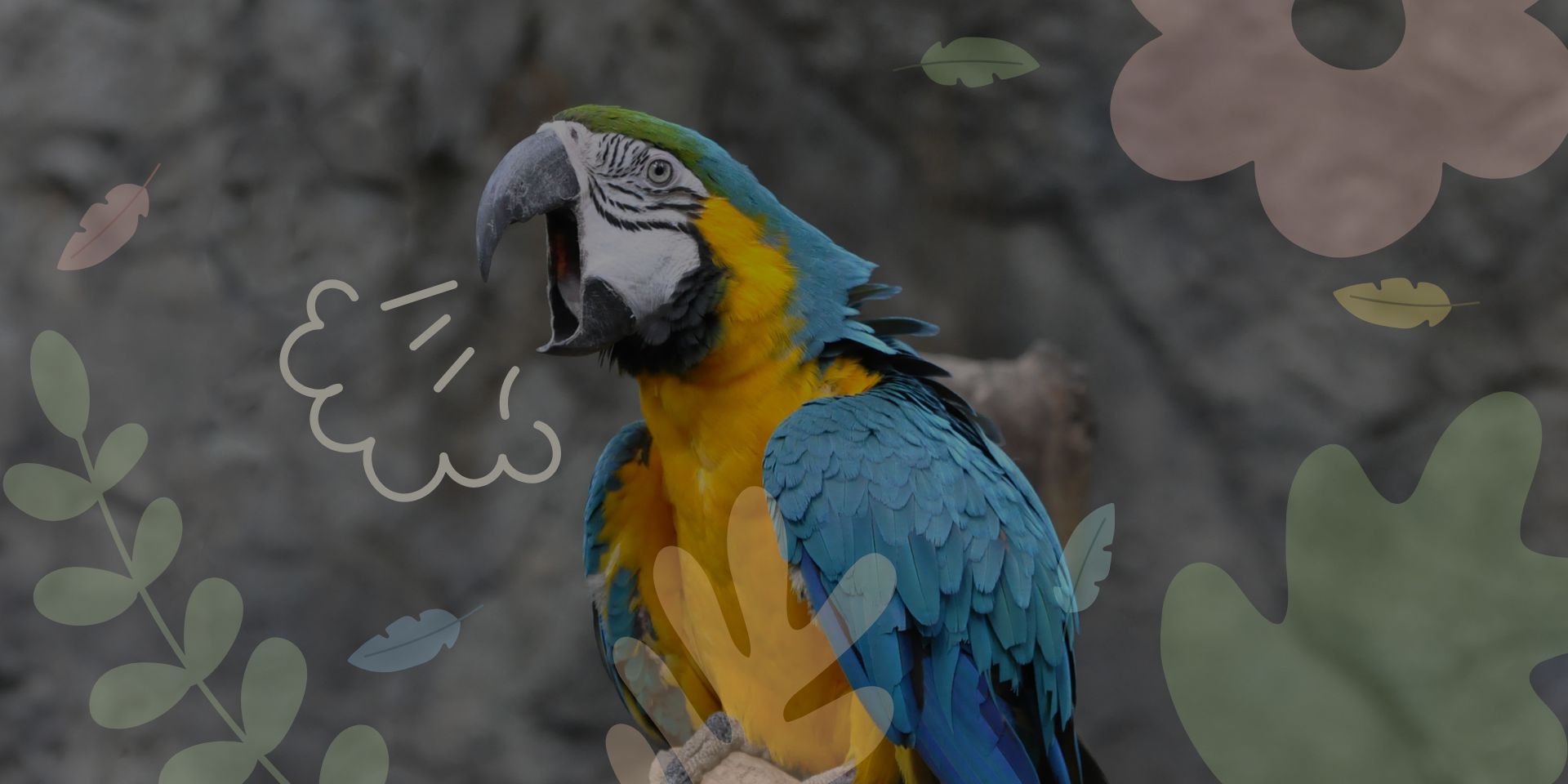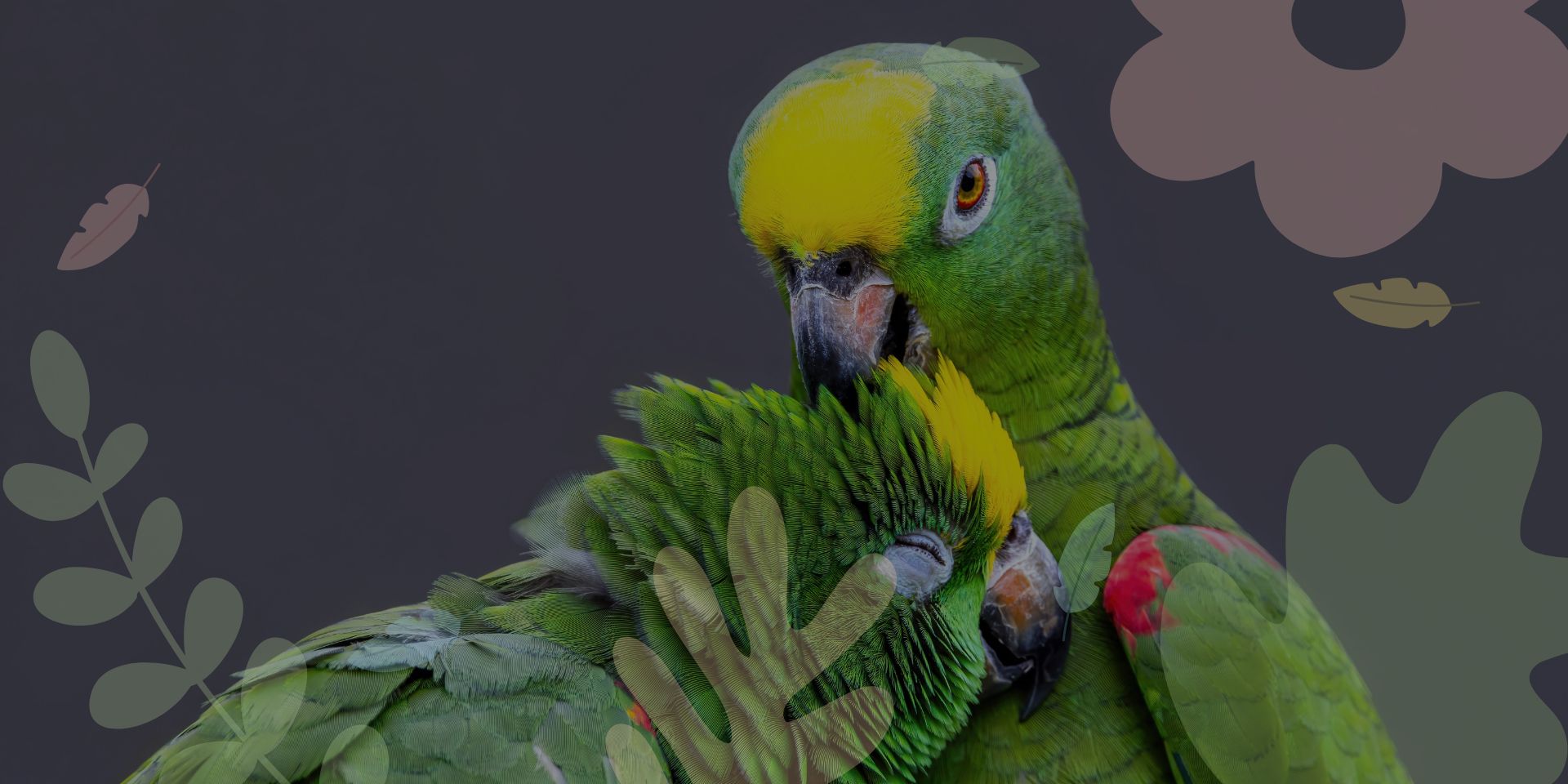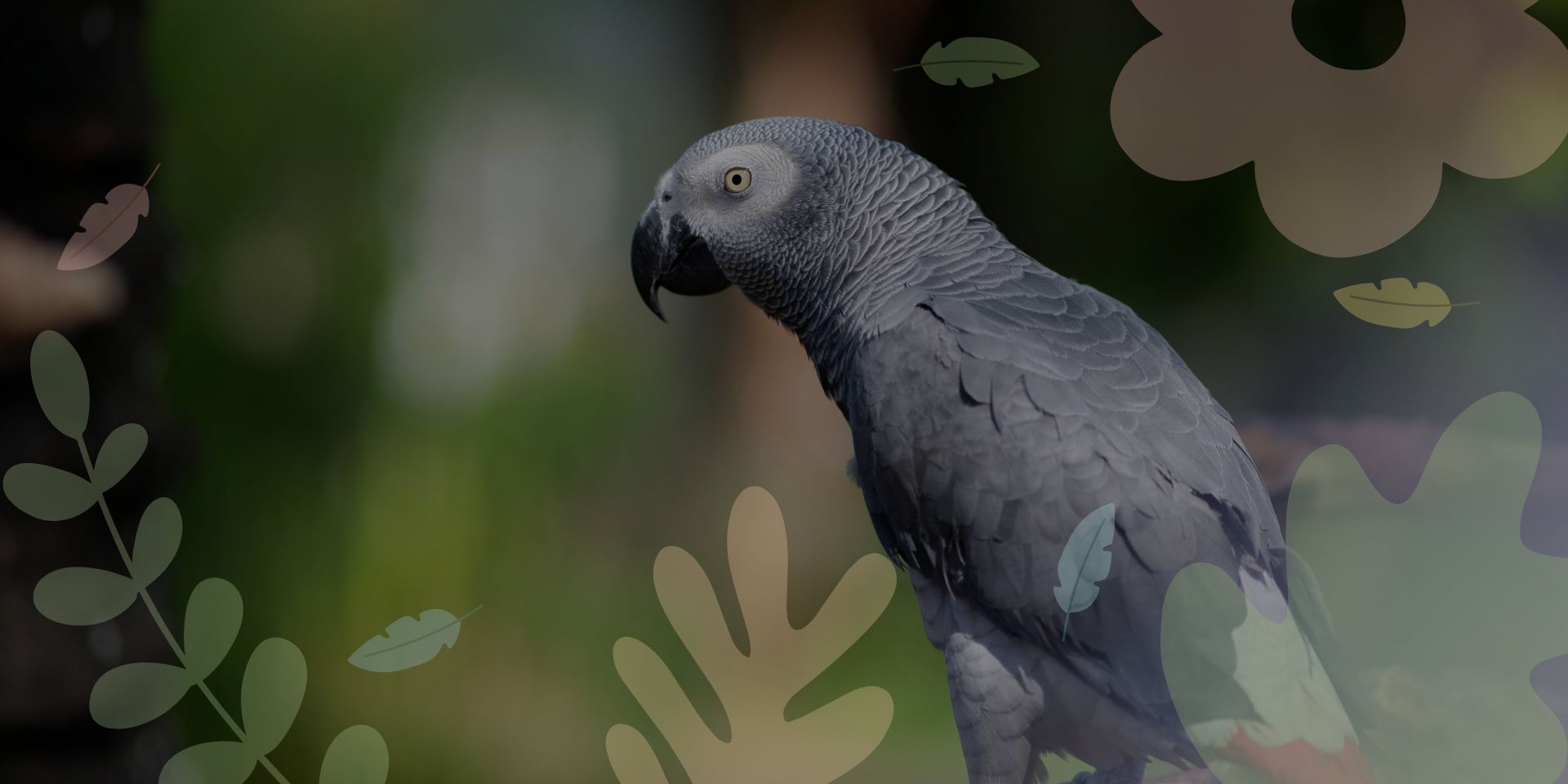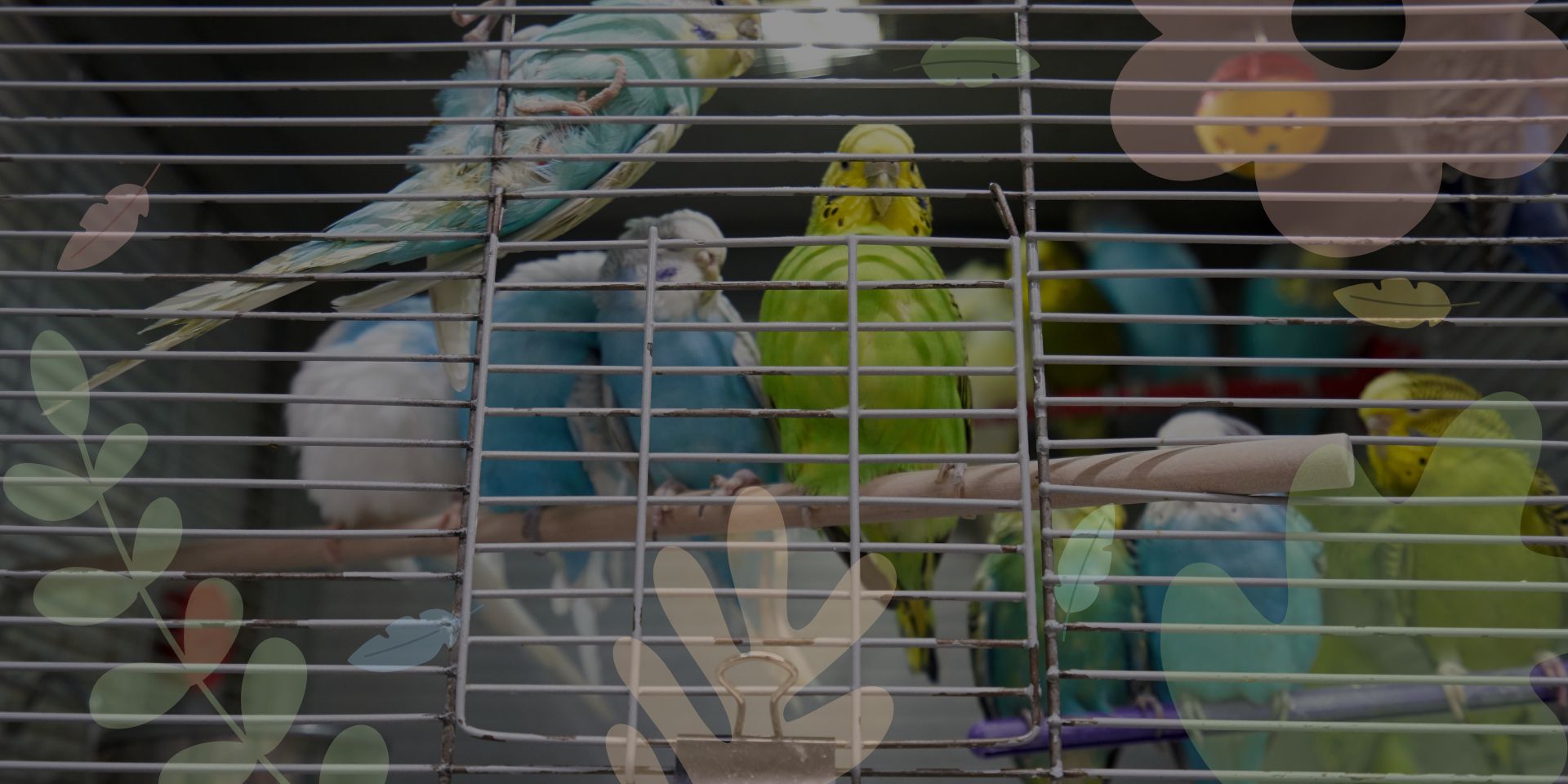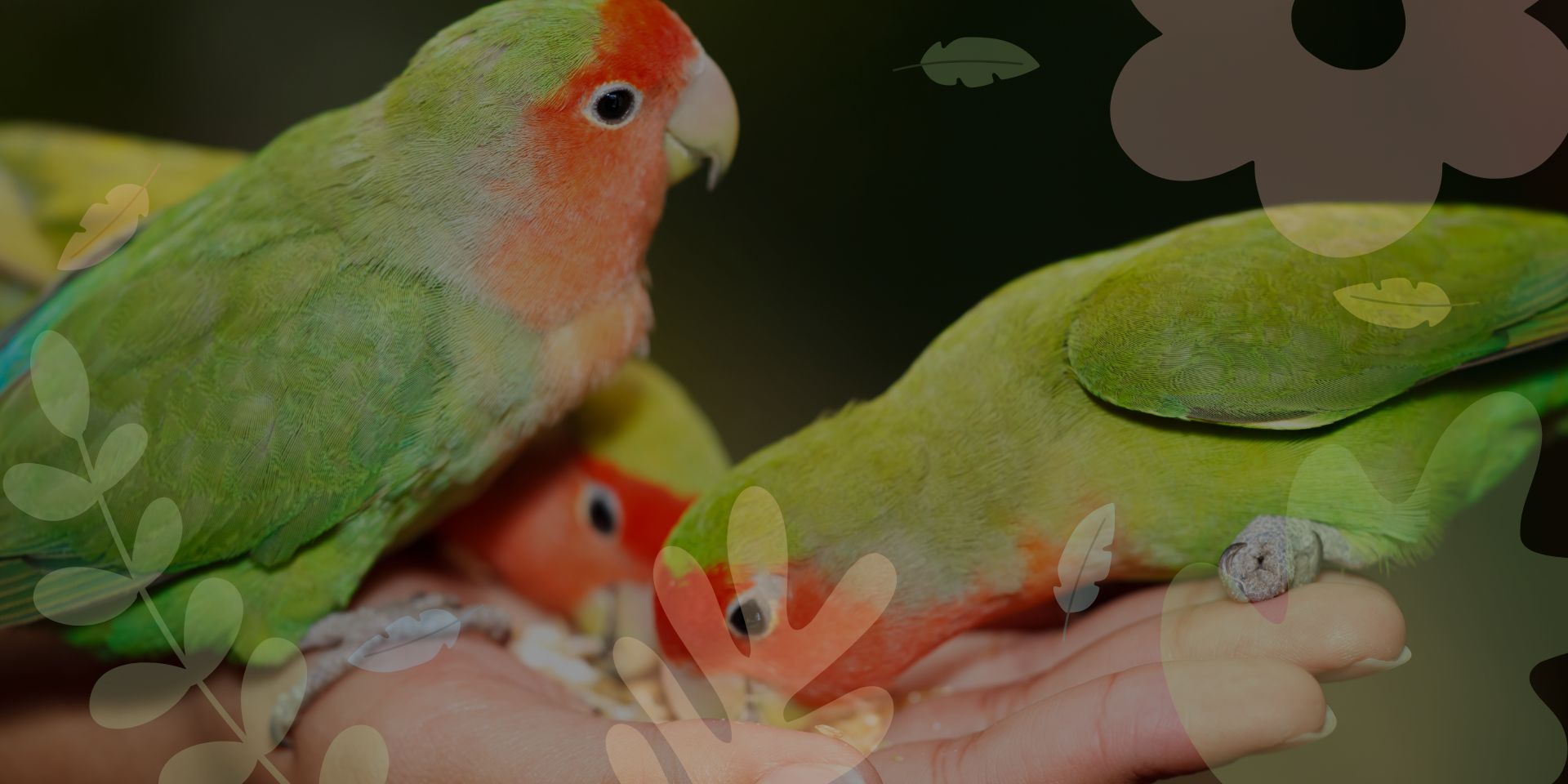Owning a bird can be a fascinating journey full of surprises. From their intelligent behavior to their quirky habits, birds constantly amaze their owners. But one question that might cross your mind—especially after hearing or smelling something unusual—is whether birds can fart or burp. Let’s dive into this intriguing topic to uncover the truth.
Do Birds Fart?
The short answer is no, birds do not fart. This might seem surprising, considering how common flatulence is in mammals, including humans. However, the digestive systems of birds differ significantly from those of mammals. Here are the key reasons:
- Faster Digestion: Birds have a much shorter intestinal tract than humans, allowing them to process food quickly. This means food doesn’t stay in their digestive system long enough to ferment and produce gas.
- Frequent Defecation: Birds defecate far more often than humans, sometimes every 10 to 15 minutes. This frequent elimination prevents gas buildup.
- Gut Bacteria Composition: The bacteria in a bird’s digestive system differ from those in humans. In humans, gas-producing bacteria like Bacteroidetes play a significant role in digestion, leading to farts. Birds lack these specific bacteria, so they don’t generate significant amounts of gas during digestion.
While birds have the anatomical capability to pass gas, the conditions that necessitate farting simply don’t arise in their digestive process.
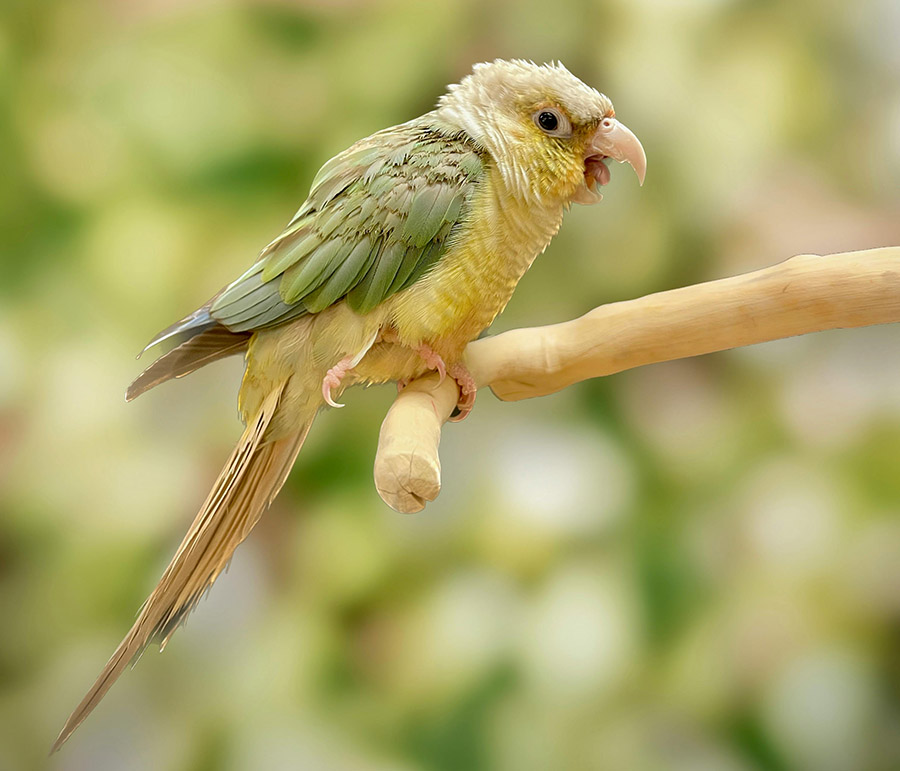
Do Birds Burp?
Similarly, birds do not burp. Burping in humans occurs when gas produced during digestion or swallowed air is expelled through the mouth. In birds, the lack of gas-producing bacteria and their rapid digestion process mean they rarely accumulate gas that would need to be released as a burp.
However, some species have varying gut bacteria compositions, which can depend on their diet, environment, and species-specific traits. For example:
- Wild birds may have more diverse gut bacteria compared to domesticated birds.
- Chickens and parrots show differences in bacterial populations, often reflecting their dietary habits.
Still, even with these variations, birds generally don’t burp due to the absence of significant gaseous buildup in their digestive systems.
Gut Bacteria in Birds
Birds’ gastrointestinal systems host a variety of microbes that play essential roles in their health, digestion, and immune function. The specific types of bacteria present vary by species, diet, and environment. For instance:
- Proteobacteria, Firmicutes, and Actinobacteria are common bacterial phyla found in captive parrots.
- Wild birds may have a more diverse gut microbiome influenced by their migratory patterns and food sources.
- Intrinsic factors like physiology, diet, and reproductive status also influence the gut bacteria.
These differences highlight the adaptability of birds to their environments but also underscore why they don’t produce gas in a way that would lead to farting or burping.
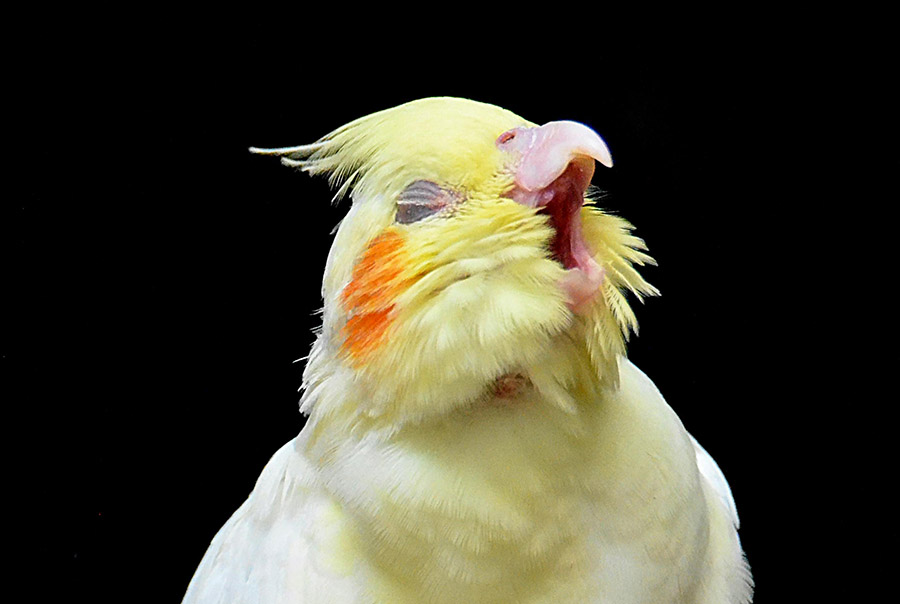
How Do Birds Get Rid of Excess Gas?
While birds don’t typically produce gas, small amounts can sometimes accumulate due to diet or illness. In such cases:
- Signs of Illness: If gas buildup becomes frequent or severe, it could indicate an underlying health issue. Larger bubbles in excrement or unusual smells warrant a visit to the veterinarian.
- Gas Expulsion via Defecation: Any excess gas is usually expelled during urination or defecation. Occasionally, you might notice small bubbles in their droppings.
What’s That Farting Sound?
Birds are masters of mimicry. Parrots, in particular, can replicate a wide range of sounds, from barking dogs to ringing phones. It’s not uncommon for a parrot to mimic farting or burping noises, often fooling their owners. These sounds are purely vocal imitations and not actual bodily functions.
Why Does My Bird Smell?
Sometimes, a bird’s natural odor might lead owners to wonder if they’re farting or burping. Here’s what to consider:
- Health Concerns: If your bird’s odor becomes unusually strong or unpleasant, it could indicate a health issue. Consult a veterinarian if you notice a significant change in your bird’s smell.
- Natural Bird Odor: Birds have a microbiome on their skin and feathers that gives them a characteristic smell. This scent can intensify after a bath or when they’re wet.
- Species-Specific Scents: Some birds, like the kakapo from New Zealand, have a unique musty-sweet scent used for communication but can also attract predators.
Final Notes
It’s natural to wonder about your bird’s bodily functions, including whether they fart or burp. Here are the key takeaways:
- Birds have the anatomy to pass gas but don’t need to due to their rapid digestion and lack of gas-producing bacteria.
- Burping is similarly unnecessary for birds, as their digestive systems rarely create significant gaseous buildup.
- Any farting or burping sounds are likely mimicked by your bird, showcasing their incredible vocal abilities.
- If you notice unusual smells or signs of gas buildup, consult a veterinarian to rule out potential health issues.
Birds are fascinating companions, full of unique behaviors that never fail to intrigue. Understanding their quirks, like the absence of farts and burps, deepens your appreciation for these remarkable creatures.


